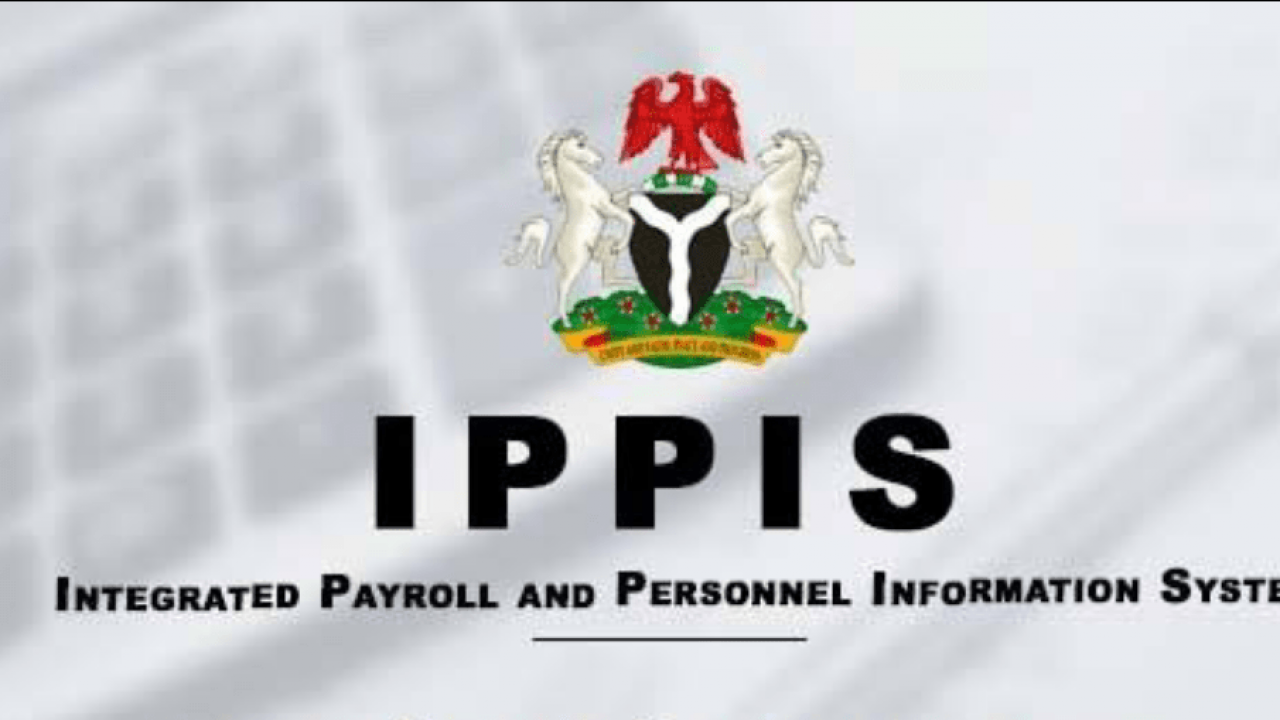Flaws and dysfunction that largely characterize the implementation of the federal government’s Integrated Payroll and Personnel Information System (IPPIS) are breeding anger and discontent among workers of federal MDAs years after the payment system was introduced to cut payroll fraud. The attempt to migrate workers of federal tertiary institutions led to a 9-month strike by members of the Academic Staff Union of Universities (ASUU) in 2020.
It would be recalled that one of the many agreements reached by ASUU and the federal government as a condition for suspending the prolonged industrial action was the acceptance by government to adopt the University Transparency and Accountability Solution (UTAS) presented by the union as an alternative to IPPIS. UTAS was found efficient when it was subjected to integrity test.
Soon after the last strike was suspended, ASUU members were indirectly enrolled on the IPPIS payment platform even though they neither went through any capturing process nor filled/signed any statutory forms specifically designed for that purpose. Like other federal workers enrolled on the IPPIS platform, the salaries of lecturers have since then been short by one-third of what is due to them. It was alleged that some professors receive as little as N8,000 as monthly salary. Workers on IPPIS generally complain of non-payment of allowances and arrears; non-remittance of loans to banks and cooperative organisations; unexplained deductions, non-remittance of union check-off dues; and non-issuance of payslips. Under the IPPIS, newly-employed workers spend several months without salaries.
Some workers complained that their names were removed from payroll for several months and that the unpaid salaries were never settled even when the names of affected persons were brought back into the payroll. There are also reports that increments in salaries were not reflected for workers who got promotion.
Furthermore, there are several allegations against IPPIS staff inserting fictitious names into payroll and such salaries paid into accounts of unknown persons. They are also accused of bargaining for specific percentage from workers with problem of salary underpayment or non-payment before such rightful emoluments are paid.
The IPPIS, which was conceptualized in October 2006, as one of the reform programmes of the federal government, is responsible for payment of salaries and wages directly to federal government employees’ bank accounts after appropriate deductions and remittances. It was introduced with five basic functions, which include management of staff records, timely and accurate payment of salaries and wages of federal employees, deduction of taxes and other third party dues, remittance of payroll deductions to third parties, and enrolment of employees into the system. The payment platform was designed to fundamentally check fraud and corrupt practices associated with the payment of workers’ salaries including the widespread ghost-worker phenomenon. Given the reason for the conceptualisation, it was indeed a laudable innovation.
However, with the pervasive complaints by workers in addition to weighty allegations against staff of the IPPIS office, the payment system has substantially failed to perform the functions for which it was introduced. Indeed, all the human factors that IPPIS was intended to check have rather become more endemic. The difference now is that all salary scams which were hitherto carried out in various MDAs are now concentrated in one place; the IPPIS office. Blames cannot be apportioned to software because machines take instructions from their operators. Workers will not receive salaries late or be underpaid if the system had not been commanded to do so.
The fact that the ghost-worker syndrome is allegedly still alive under IPPIS is another reason for the government to carry out a forensic investigation into the operations of IPPIS. It was not meant for workers to earn less. All human factors and system errors still bedevilling the scheme should be addressed to ensure it meets the reason for which it set up. Government must keep reviewing and upgrading the IPPIS software. It is worrisome that efforts have not been made to address long-standing complaints by workers and each time they are made the office of the Accountant General of the Federation jumps to the defence. That should not be the case. The AGF’s office should, instead, look into the issues and address the concerns of workers. The complaints of workers over the IPPIS have gone on for too long. It is time to address them.

 Join Daily Trust WhatsApp Community For Quick Access To News and Happenings Around You.
Join Daily Trust WhatsApp Community For Quick Access To News and Happenings Around You.


